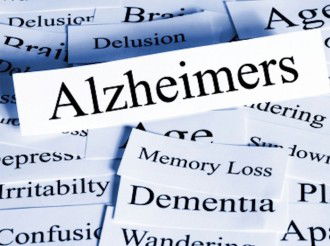Health
New drug may offer hope to Alzheimer's patients

Tokyo, Jan 27: Advancing the fight against Alzheimer's disease, Japanese researchers have in a breakthrough study, developed a new drug that could help treat the most common form of dementia.
Alzheimer's is a progressive disease that destroys memory and other important mental functions.
The study, led by researchers at Tohoku University in Japan and published in the journal Neuropharmacology -- showed that the new drug -- SAK3 -- stimulates the release of acetylcholine in the brain and improves cognition by activating the memory.
Acetylcholine is a neurotransmitter in the brain that plays an important role in controlling attention and cognition.
A dysfunction in the acetylcholine system is believed to be one of the causes of Alzheimer's disease (AD) and vascular dementia.
SAK3 also halted the production of amyloid beta protein -- the main component of the amyloid plaques found in the brains of Alzheimer patients.
SAK3 reduces the production of amyloid beta protein, which could lead to the development of the first disease-modifying drug to prevent mild to severe Alzheimer disease, said Kohji Fukunaga, professor at Tohoku University.
For the study, the team conducted experiments on mice model which have so far proven to be safe and well tolerated.
The drug SAK3 is now in the preclinical stage of drug development and clinical trials are expected to begin in the next few years, the researchers said.







































